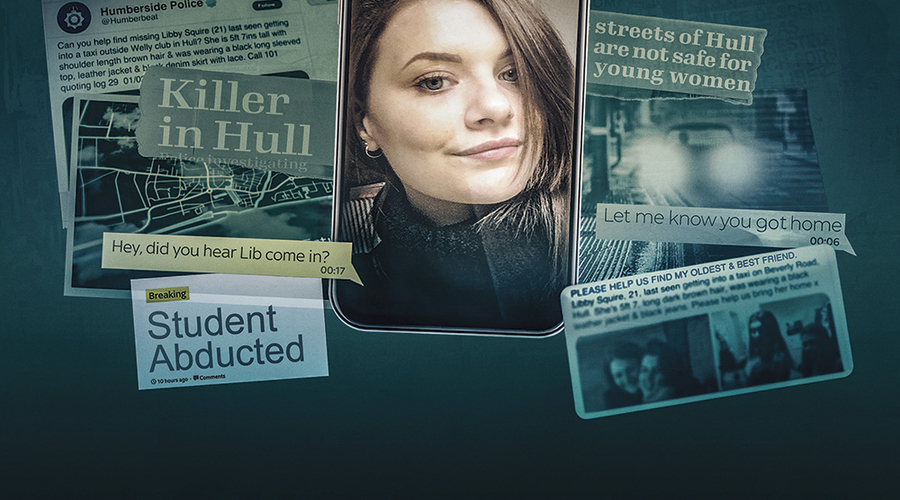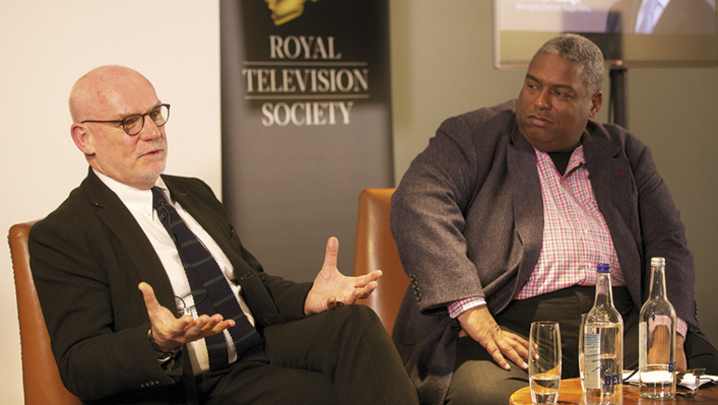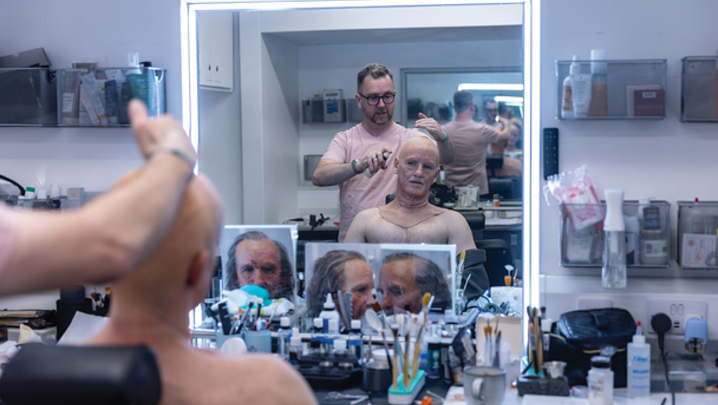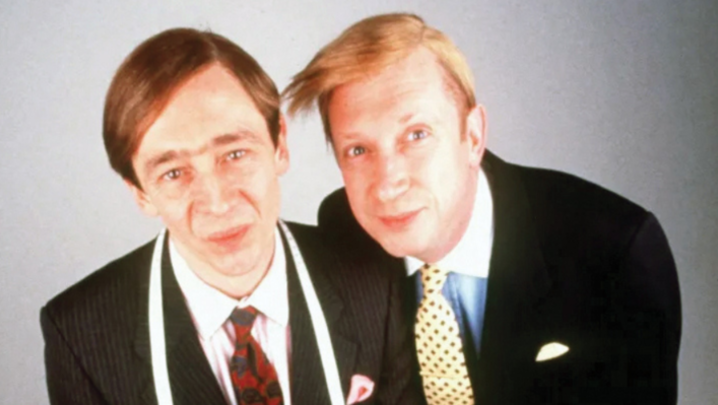Carole Solazzo discovers how Candour’s award-winning documentary Libby, Are You Home Yet? was made
What Lisa [Squire] wanted was for us to get this message across: you should always report non-contact sexual offences. Because it does make a difference.” Candour Productions’ Anna Hall was speaking at an RTS Yorkshire event on 31 January – five years to the day that Squire’s daughter Libby was abducted, raped and murdered in Hull.
Just how this reporting makes a difference becomes clear during Humberside Police’s hunt for Libby’s killer, in Candour’s powerful Bafta-winning, three-part series Libby, Are You Home Yet?.
The Leeds-based company’s documentary became “the fastest binged series in Sky Crime history”, said Hall, who was both director and executive producer.
“The climate is very difficult at the moment, but we had a fantastic conversation with the female-led Sky Documentaries team,” she continued. “A lot depends on the relationship you have with your commissioning editor. You have to find people with the synergy you want, the same values, the same ambition.”
Hall emphasised: “It’s really important where, as a company, we place ourselves [on the spectrum of] true crime. For us, it’s about… highlighting important issues, treating the material with the utmost respect, and it’s about working with integrity, because you could so easily have made a sensationalist film.
“We were absolutely telling the story through the lens of the police, Libby and her family.” And without voice-over commentary.
“That was all Libby [at the start of the programme],” editor Luke Rothery agreed. “We really wanted to have her voice through it.” That proved challenging because there wasn’t much video of her.
Rothery continued: “The selecting of her favourite songs… was key. She’s our hero…. We don’t come in on the drama of that night. With backstory, you’ve got the chance to make the viewer fall in love with her.”
Crucial to this, Rothery said, was “finding anecdotes that bring her to life”. These were supplied by Libby’s friends and family, who were interviewed by Hall and series producer Josie Besbrode.
“Having Lisa [on board] was a huge way in,” Besbrode said. “For ethical reasons, I’d never cold call somebody. I’d go through Lisa to ask if they’d be happy for me to contact them… No pressure… they must have their own reasons for wanting to talk.”
This had to be handled delicately. “Libby’s friends were so young and deeply traumatised by what had happened,” Hall explained. “We always offer support and counselling as part of making these films.… We are conscious that it’s re-traumatising to tell these stories.”
Hall decided there would be no direct contact with Libby’s killer. Instead, “we wanted to bring the audience along with us,” she said. “To help them feel the fear of what was going on… that there’s a prowler on the loose…. To create a sense of unease.”
CCTV footage of killer Pawel Relowicz – “a prolific sex offender” – was included. As was a graphic listing his offences, most of which had taken place in the streets where Libby lived.
From those contained streets to “the foreboding presence of the River Humber… shot in wide screen because we had these massive vistas”, Hall wanted the locations, too, “to be a character in the narrative”.
Six weeks after her murder, “in a one-in-a-trillion chance, according to police”, Rothery recalled, Libby’s body, containing forensic evidence linking her to Relowicz, was found in the river.
“The police… had followed up the reported non-contact sex offences, so they had Relowicz’s DNA in their system, although they didn’t have Relowicz,” Hall explained. “So when they arrested him… they took his DNA and it ‘pinged’ for all these other offences.”
“We hope, as we’re taking the audience with us, they understand that bit’s important,” she concluded.
The RTS Yorkshire event was held at HEART in Leeds on 31 January. It was hosted by Fiona Thompson and produced by Jane Hall.







